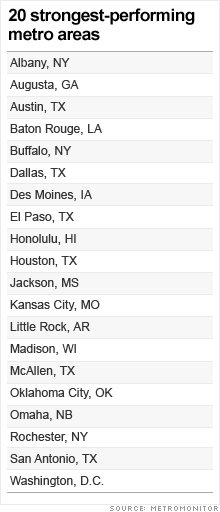September 29, 2015
The On-Demand Economy
More and more workers are moving away from traditional jobs and towards the “gig” economy of on-demand roles that have a finite time frame. Some of the startling trend from the Yahoo article (emphasis mine):
The report said the number of independent workers in America is expected to grow from 30.2 million to roughly 37.9 million in 2020, in part due to businesses seeking flexibility and also because young adults are more comfortable in the lifestyle.
Adding occasional independents, the projected number of US adults working independently will grow to an estimated 54 million or nearly 45 percent of the private, non-farm workforce, the group said.
I’m not sure what this effect will have on sales positions. Perhaps the distributor/rep model that has been prevalent in certain sales for decades will become a common structure for companies. I find it difficult to outsource a customer relationship especially if you are in a service sale. Perhaps the development will be salespeople who have specific relationships with large companies and provide the channel to those decision makers? Again, this is the distribution model that has been in manufacturing for decades and it would appear this model has the potential to expand in the very near future.
Comments Off on The On-Demand Economy








